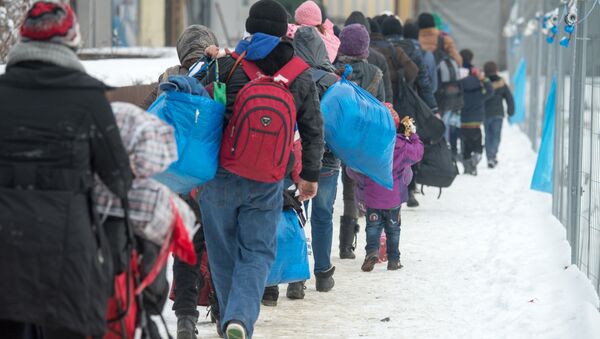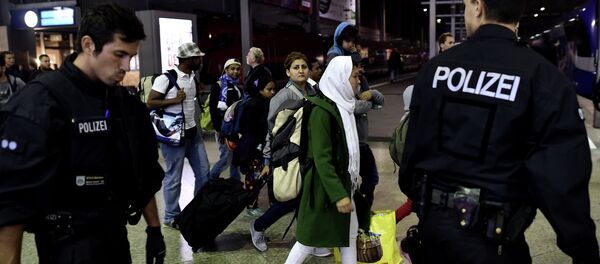Only after they have spent all their assets can refugees obtain financial aid and social benefits according to the German law, members of the CDU party in Hamburg argued.
Earlier, similar procedures have already been introduced in federal states of Bavaria and Baden-Württemberg. In Baden-Württemberg, refugees are allowed to keep only 350 euro as well as belongings necessary to maintain a modest standard of living, like watches and mobile phones. In Bavaria, asylum seekers are allowed to keep up to 750 euro.
The proposal of the CDU party has been met with criticism among other political factions in Germany. For example, representative of the Green party, Antje Möller, called the new proposal "absurd".
The rule was first introduced by Denmark and Switzerland in December 2015 and caused several protests across Europe.



